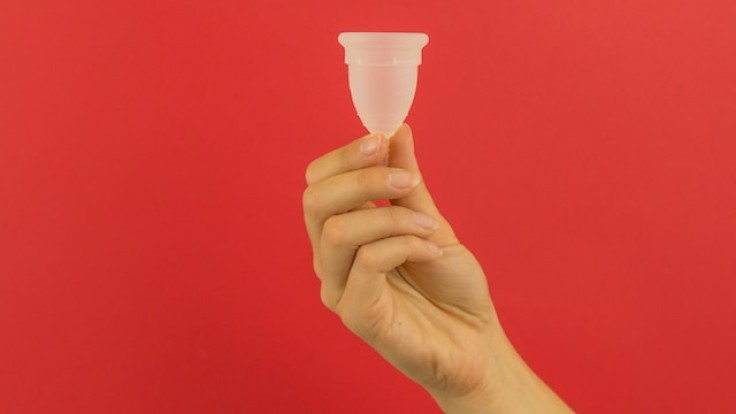
Embarking on the journey of pregnancy comes with a whirlwind of emotions and a plethora of questions. Among the many queries, one stands out in particular: "Can you be pregnant and still have a period?"
To truly understand the answer, we must first dive deep into the workings of the female reproductive system and the intricate processes of conception.
Every month, like clockwork, the female body gears up for a possible pregnancy. This preparation manifests as the thickening of the uterus lining, a safe haven for a fertilized egg.
However, if no fertilization takes place, this enriched lining, mixed with blood, is expelled, leading to what is universally recognized as menstruation or a period. While the average cycle spans around 28 days, it's worth noting that this can vary significantly among women.
The Interplay of Conception and Menstrual Halting
The moment an egg is fertilized and secures itself to the welcoming uterine lining, the journey of pregnancy begins. Consequently, the body springs into action, producing the hormone human chorionic gonadotropin (hCG). This particular hormone plays a pivotal role: it instructs the body to retain the uterine lining, providing a nurturing environment for the embryo. As a result of this hormonal message, menstruation is put on hold.
In simpler terms, once a woman is pregnant, the regular shedding of the uterus lining (our monthly periods) ceases. Thus, experiencing a regular menstrual period while pregnant is biologically implausible.
Bleeding During Pregnancy: The Causes and Concerns
While menstruation during pregnancy is off the table, some women might still observe episodes of bleeding, particularly in the early stages, leading to understandable concern and confusion. Several reasons can account for this:
- Implantation bleeding: This is one of the primary causes of spotting in early pregnancy. A few days post-conception, the fertilized egg makes its way to the uterus and embeds itself into its lining. This process might cause light bleeding, which is usually much lighter and shorter in duration than a standard period.
- Cervical alterations: As pregnancy progresses, there's a surge in blood flow to the cervix. This enhanced circulation makes the cervix more sensitive, and minor triggers like sexual intercourse or a routine pelvic examination might result in slight bleeding.
- Other medical reasons: Some conditions, such as ectopic pregnancies or infections, might cause bleeding. As the pregnancy progresses, other more severe complications like placenta previa or placental abruption might also be the culprits behind the bleeding.
It's paramount that pregnant women who experience any form of bleeding promptly seek medical advice to ascertain its cause and ensure both their safety and that of their developing baby.
While the idea of having a menstrual period during pregnancy might float around in popular conversations, biologically speaking, it remains a myth. The sophisticated mechanisms of the female body ensure that once conception is underway, all systems pivot to nurture the new life.
Nevertheless, any unexpected bleeding during pregnancy warrants attention. It's always best to err on the side of caution and engage with a medical professional to navigate any concerns, ensuring a healthy journey for both the mother and her baby.
Related Article: Parenting 101: Crucial Menstruation Hygiene Tips for Your Daughter's Well-being